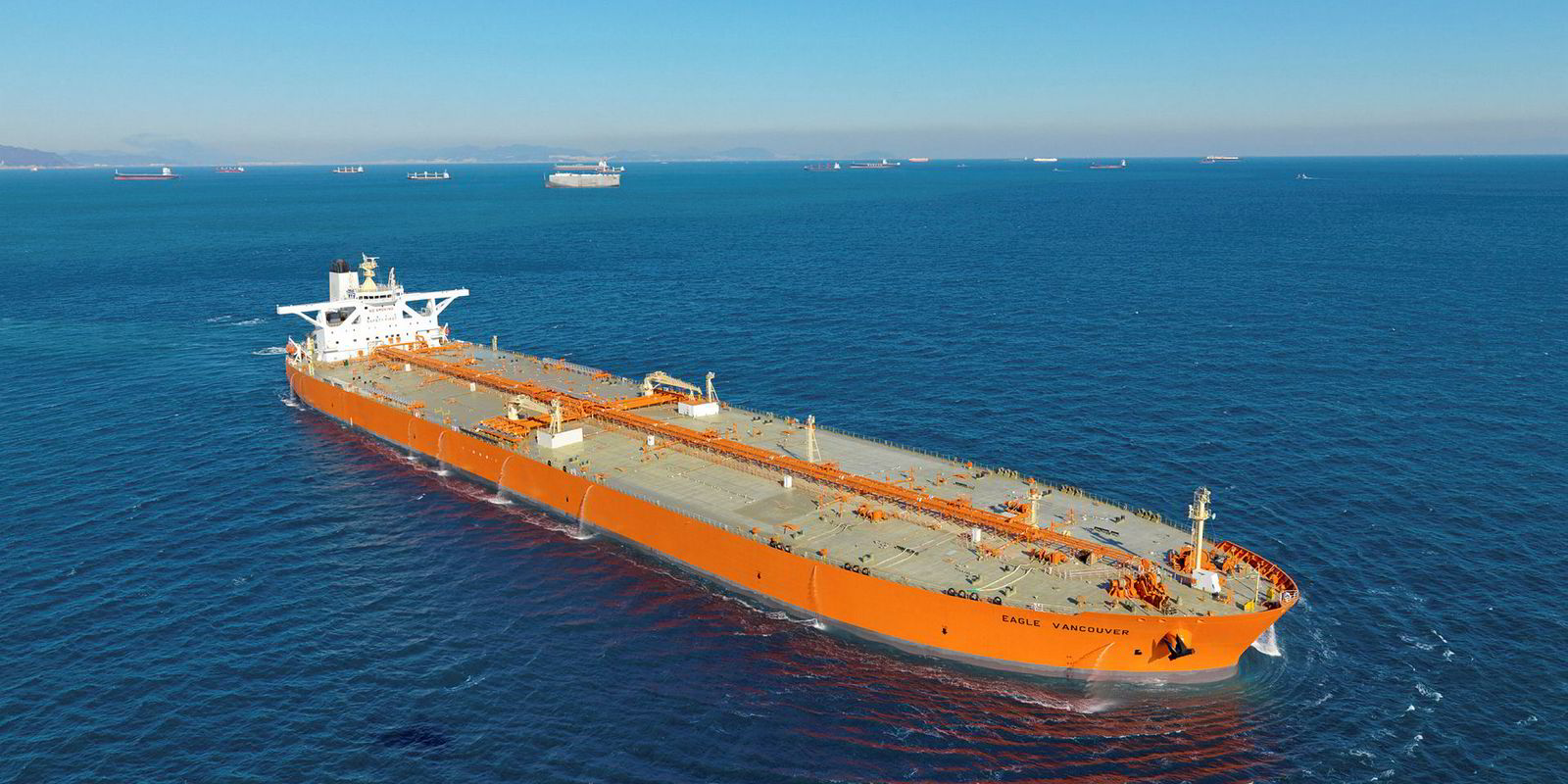China will likely increase fuel exports in the final two months of 2018 after Beijing issued a fresh round of quotas, providing a boost to soft MR rates in the Pacific trades, according to industry officials.
State news agency Xinhuanet reports the Chinese government has provided additional export quotas totaling 2.93 million tonnes for 2018.
Quota breakdown
About 78% are for Sinopec and China National Petroleum Corp with the remainder for Sinochem, China National Offshore Oil Corp and China National Aviation Fuel.
The quotas come after China’s gasoline and diesel exports dropped to multi-month lows, in part because the Chinese state-run exporters have nearly exhausted quotas issued earlier this year.
Customs data shows China's diesel exports were 1.03 million tonnes in September, the lowest in 20 months. Gasoline exports were 730,000 tonnes — a one-year low.
The dip followed strong year-on-year growth in Chinese exports of oil products earlier this year.

Whilst volumes declined in the third quarter, the final quarter is always a strong quarter with exports peaking in December every year ... probably this expansion in the quotas will allow them to accommodate a fourth-quarter spike this year as well
“Volumes [of Chinese exports of oil products] were already very high in the first half of 2018, running at over five million tonnes per month,” Banchero Costa head of research Ralph Leszczynski told TradeWinds.
“Whilst volumes declined in the third quarter, the final quarter is always a strong quarter with exports peaking in December every year ... probably this expansion in the quotas will allow them to accommodate a fourth-quarter spike this year as well.”
Regional weakness
As China generally exports products on MR tankers in the Pacific basin, the lower-than-usual export volumes contributed to the recent regional weakness in freight rates.
“September and October exports were roughly down 40% when compared with earlier this year,” an Asia-based source said. “More Chinese exports could help.”
On the Baltic Exchange, the Pacific basket rate for MRs averaged $5,133 per day in the month to 5 November, while the Atlantic rate averaged $10,523 per day.
Some industry officials said the Pacific softness can also be attributed to some vessels ballasting earlier from the Atlantic basin, and newbuilding crude tankers delivered in Asia shipping products during maiden voyages.
That said, the spread between the Pacific and Atlantic rate has narrowed by about $2,000 per day in the week to 5 November, with tonnage oversupply easing in Asia after some fixtures emerged in India and the Middle East.
“It’s not so easy for vessels to go from one basin to the other,” Ardmore Shipping president and chief executive Anthony Gurnee said. “When one is strong and the other is weak, it takes a bit of time to balance out.”






